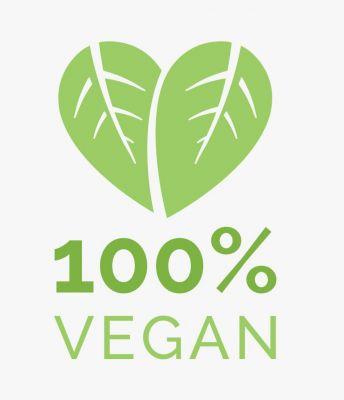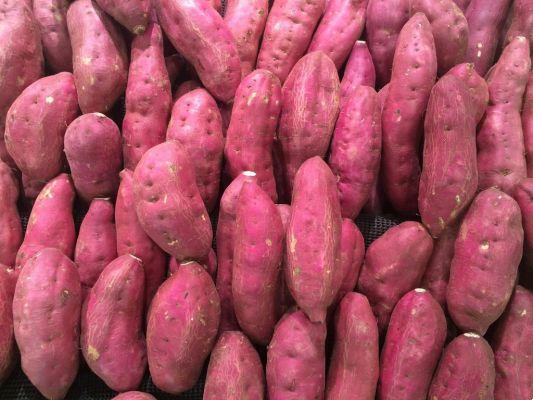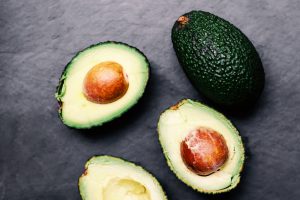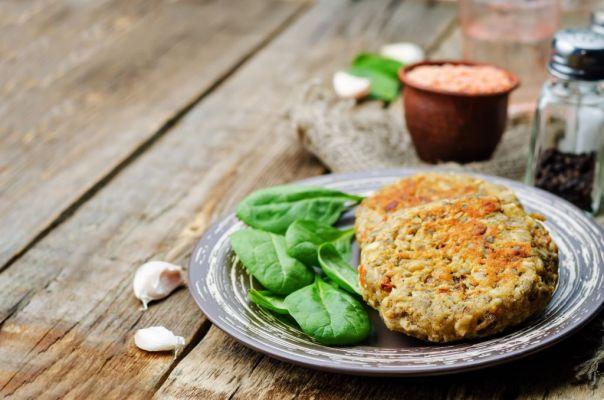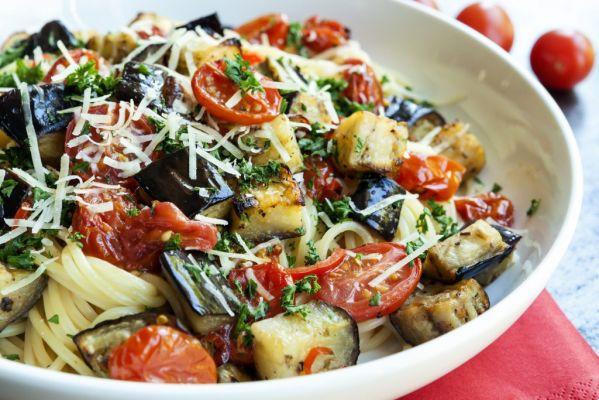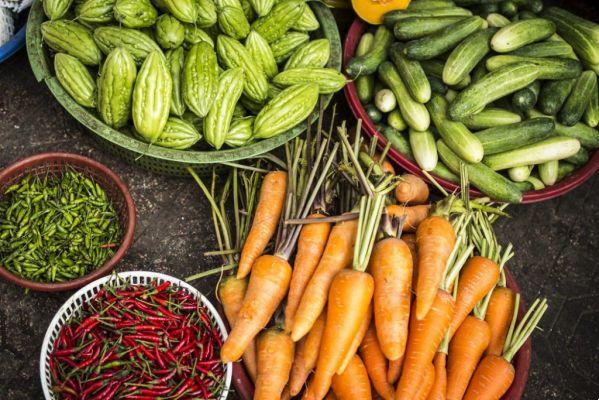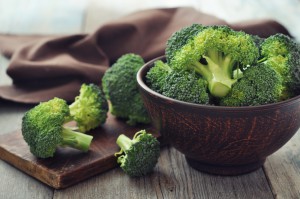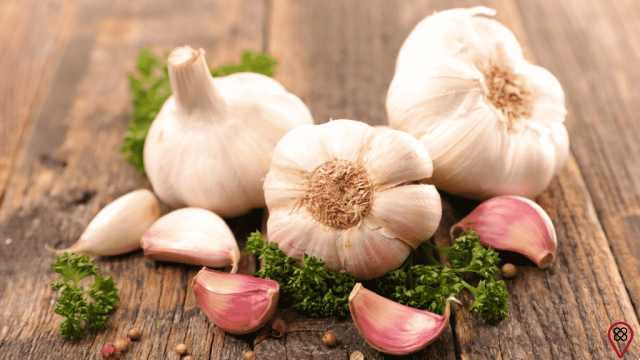Vegetarianism: where to start?
Vegetarianism is a type of diet that is gaining more followers every day. This type of diet consists of cutting out all meats on your menu (including chicken and fish). But this kind of adaptation can be very difficult for some people who eat meat every day and are really used to eating it.
In addition, you must also pay attention not only to exclude these items from your grocery list, but also to supply nutrients with other foods, since you will be missing important sources of protein, vitamins and amino acids.
But despite these details, entering the world of vegetarianism is not so complicated. Below, you'll find some tips to start excluding meat from your diet in a healthy and pleasurable way! After all, this change doesn't have to be traumatic. Check out:
1. If you want, start slow.
Sometimes it's really hard to let go of old habits. Including one that has been present in your life since you were a child, like eating meat. So you don't have to change overnight if you don't want to.
There are some movements on the internet of people who become vegetarians, but continue to eat meat from time to time, or vegetarians during weekdays (i.e., from Monday to Friday) who on weekends allow themselves to eat whatever.
Maybe these people will continue this rhythm forever – of eating meat sporadically – or, who knows, they will actually be able to stop eating it. This varies from person to person, but either way, it's a good place to start.
2. Worry about your health
Being a vegetarian doesn't just mean giving up meat. It actually means stopping eating meat because you've replaced it with other sources of nutrients that are natural, like vegetables and grains, for example.
So, it's very important that you don't stop eating meat and continue following your diet normally. On the contrary! You need to look for a nutritionist so that he can guide you, according to your routine and life, on how to replace these foods properly.
After all, if you have a deficit of protein and other nutrients in your body, you can get really sick. And then what was supposed to be life changing for your good turns out to be the opposite.
Remember that meat is an important source of vitamin B12, iron, protein and calcium. There are, yes, alternative sources of these nutrients, so vegetarianism is possible. But you need professional guidance to keep your health up to date.
In any case, include vegetable protein sources in your menu, that is, those that are planted. They are: beans (all variations), soy, chickpeas, peas, tofu, among others.
3. Beware of exaggerations!
In addition to worrying about finding other sources of nutrients, you also need to be careful not to overdo it with other types of food, which is common. Many vegetarians (whether they are new or experienced in this type of diet) eat an unbalanced diet, especially in relation to carbohydrates – pasta, bread, sweets, rice, etc.
In the case of new vegetarians, this sometimes happens to compensate a little for the body's craving for meat, which is normal at first. So try to opt for whole carbs, because they are more nutritious and less harmful.
Also, if you're craving meat, don't forget about soy! Soy is a great source of protein and, believe it or not, the soy burger is a lot like beef. Try it!
4. It's time to try…
If you've decided to become a vegetarian, but the only vegetable you eat is lettuce, this process may be a little more difficult for you. Keep an open mind and allow yourself to live new gastronomic experiences, from the simplest to the most refined.
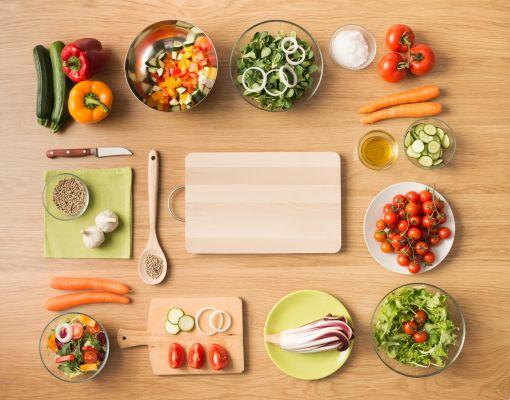
It is very important to include as many vegetables as possible in your diet. You will feel the need to vary your diet, even so you don't get sick of what you eat – after all, eating is also an act of pleasure. So try it. You will probably not like some options, others you may even learn to like over time, and with others you will be surprised and love right away. But to find out, you have to try, right?
5. Consume animal-derived foods
Some opt for an even more restrictive diet, such as veganism or other denominations, which exclude from the diet any food that has animal origin, even if it is only derived (that is, the animal did not need to be sacrificed), such as eggs, milk, etc.
When the diet is so restrictive, supplementation is absolutely necessary to make up the body's nutrient framework. So, if you can and want to, keep derived foods, because they are great sources of nutrients. Milk (skimmed or semi-skimmed, which have less fat) is a great source of calcium and eggs are a source of protein, for example. Of course, your consumptions should be moderate (again, with professional guidance), but they are important.
6. everyone has their time
Each person is unique. That is, if someone managed to put the meats aside overnight, that doesn't mean you need to do it that way too. Everyone has their time, feel free to respect yours. After all, this experience shouldn't be traumatic, right?
Text written by Giovanna Frugis from the Eu Sem Fronteiras Team.



